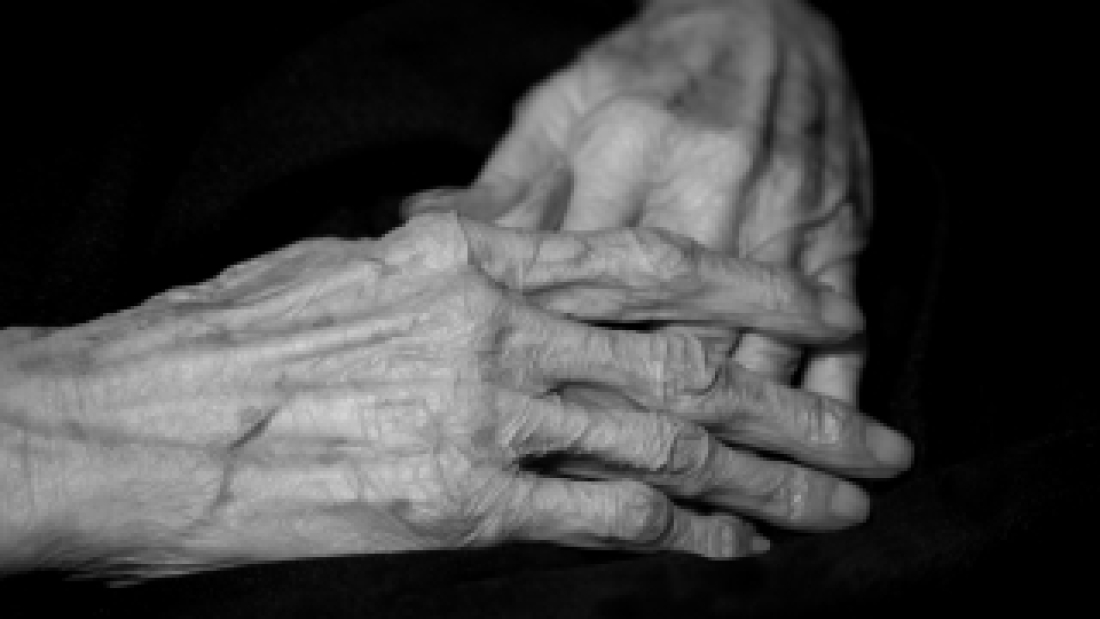Old Bones Stronger with Melatonin
Faleh Tamimi, a professor in McGill’s School of Dentistry, is the leader of a research team that has just discovered that melatonin supplements make bones stronger in elderly rats and therefore, potentially, in elderly humans too.
“Old rats are tedious to work with because they get sick a lot and that means they also cost a lot more. But if you’re interested in diseases like osteoporosis, they’re an essential part of the process,” Tamimi said.
The process of bone breakdown and buildup is affected by our circadian rhythms. The cells which break down our bones (known as osteoclasts) are more active at night, while those responsible for bone formation (osteoblasts) are more active during daylight hours.
“As we age, we sleep less well, which means that the osteoclasts are more active,” said Tamimi. “This tends to speed up the process of bone breakdown.”
It is already well established that melatonin plays a role in regulating our body clocks and can potentially help us sleep better. So the researchers suspected that a melatonin supplement would help regulate the circadian rhythms of the elderly rats, thus reducing the activity of the osteoclasts and slowing down the process of bone breakdown. That is exactly what they found.
Researchers at the University of Madrid, where the rats were housed, gave 20 twenty-two-month-old male rats (the equivalent of sixty-year-old humans) melatonin supplements diluted in water for 10 weeks (the equivalent of six years in human years).
The femurs taken from the elderly rats which had received the melatonin supplements were then compared with those of a control group (which had not received the supplements) using a series of tests to measure bone density and strength.
The researchers found that there was a significant increase in both bone volume and density among the rats that had received melatonin supplements. As a result, it took much more force to break the bones of rats that had taken the melatonin supplements, a finding that suggests to the researchers that melatonin may prove a useful tool in combatting osteoporosis.
Read full story here
Source: McGill University


